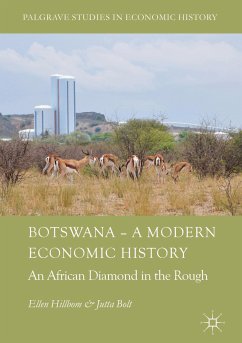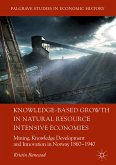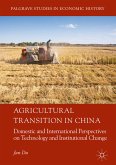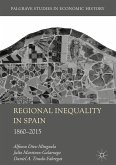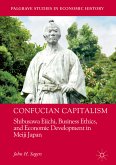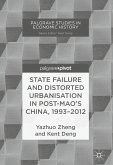linked it to unique features of the country's history. In this book, Bolt and Hillbom have used
detailed historical research to tell the story of that success, and suggest that it is perhaps not
so unique after all. At the same time, they have shown how detailed case studies can contribute
to a more nuanced and complete understanding of African economic development since the
nineteenth century."
- Leigh Gardner, London School of Economics and Political Science, UK
"With their construction of long-term income inequality trends Hillbom and Bolt provide new
and interesting evidence demonstrating that the gap between rich and poor, so evident in
Botswana today, first began to show up in the 1940s."
- Neil Parsons, University of Botswana
Together with Mauritius, Botswana is often categorizedas one of two growth miracles in
sub-Saharan Africa. Due to its spectacular long-run economic performance and impressive
social development, it has been termed both an economic success story and a developmental
state. While there is uniqueness in the Botswana experience, several aspects of the country's
opportunities and challenges are of a more general nature. Throughout its history, Botswana has
been both blessed and hindered by its natural resource abundance and dependency, which have
influenced growth periods, opportunities for economic diversification, strategies for sustainable
economic and social development, and the distribution of incomes and opportunities.
Through a political economy framework, Hillbom and Bolt provide an updated understanding
of an African success story.
Ellen Hillbom is an Associate Professor at the Department of Economic History, Lund
University, Sweden.
Jutta Bolt is an Associate Professor at the Department of Economic History, Lund University,
Sweden and affiliated with the University of Groningen, the Netherlands.
Dieser Download kann aus rechtlichen Gründen nur mit Rechnungsadresse in A, B, BG, CY, CZ, D, DK, EW, E, FIN, F, GR, HR, H, IRL, I, LT, L, LR, M, NL, PL, P, R, S, SLO, SK ausgeliefert werden.

